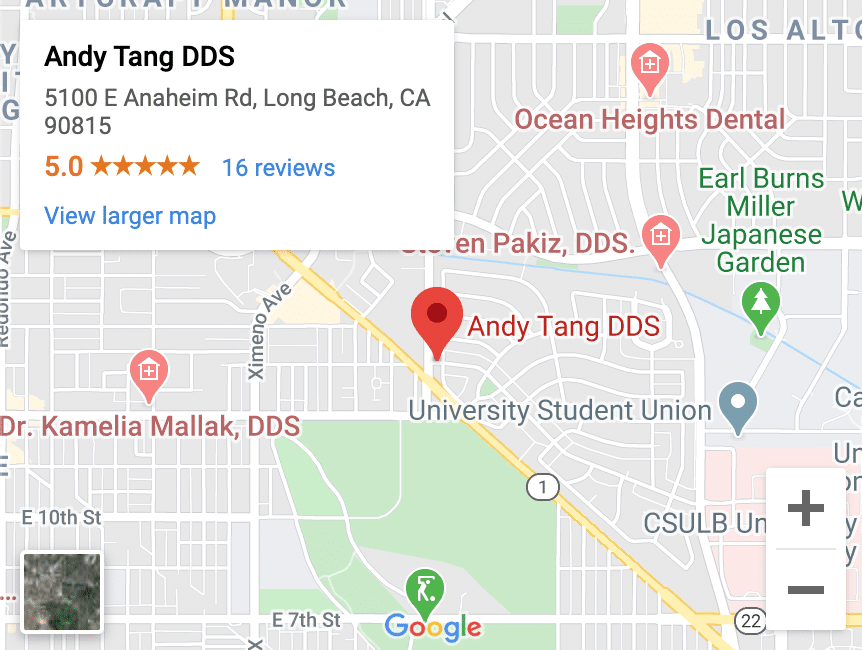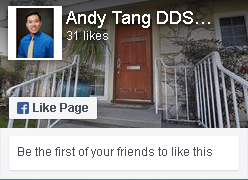Bruxism
Stress is an ever increasing part of life, unfortunately for some people this can lead to unconsciously grinding their teeth throughout the day or, more often, while they sleep. This constant movement and pressure can not only damage the teeth but also the tissues and muscle around the entire mouth. Known as bruxism, this condition can be relieved with a nightguard.
The Facts About Clenching & Grinding
Earaches, sore jaw, or headaches are all common bruxism symptoms. The causes of bruxism can vary widely but some of the more common causes include stress, sleeping habits, anxiety, diet, tension, posture, misaligned teeth, and many others. Bruxism is generally found in about 30% of the population and is found to be be more common in women.
Patients most commonly affected tend to be those who react to competition, anger, aggression, pain or frustration. It is common for those that suffer with bruxism to have other biting habits, such as biting their cheeks, lips, fingernails, or even pencils.
For patients that do have issues with grinding or clenching teeth, the above symptoms are not the only concern. This behaviour can also contribute to TMJ dysfunction, this has many side effects which cause pain in the neck and head. When your teeth are constantly grinding against each other, the surface will wear away causing dental issues. If bruxism is left untreated, depression, insomnia and eating disorders can develop.
A Solid Solution
If you suspect that you suffer from bruxism, we will carry out a comprehensive examination to check your muscles, teeth and other oral tissues. After this examination, if we conclude that you do suffer from bruxism, we will make a nightguard for you. A nightguard is an orthodontic appliance, similar to a splint, to help stop you from clenching your jaw and grinding your teeth. There are a wide variety of nightguards available and people will find some more suitable than others. So, if one does not work for you, we can try another. In almost all cases, a nightguard will solve the problems caused by bruxism. Although, if a nightguard does not resolve all the issues for you, there are other treatment options that we can explore.
These other treatment options include, massage and stretching, focused facial relaxation, stress and anxiety management, proper rest, hydration, diet change, and applying ice or wet heat. If we discover that TMJ is a factor or if your teeth have been damaged because of bruxism, our team of dental professionals will treat and repair you, providing complete relief!


